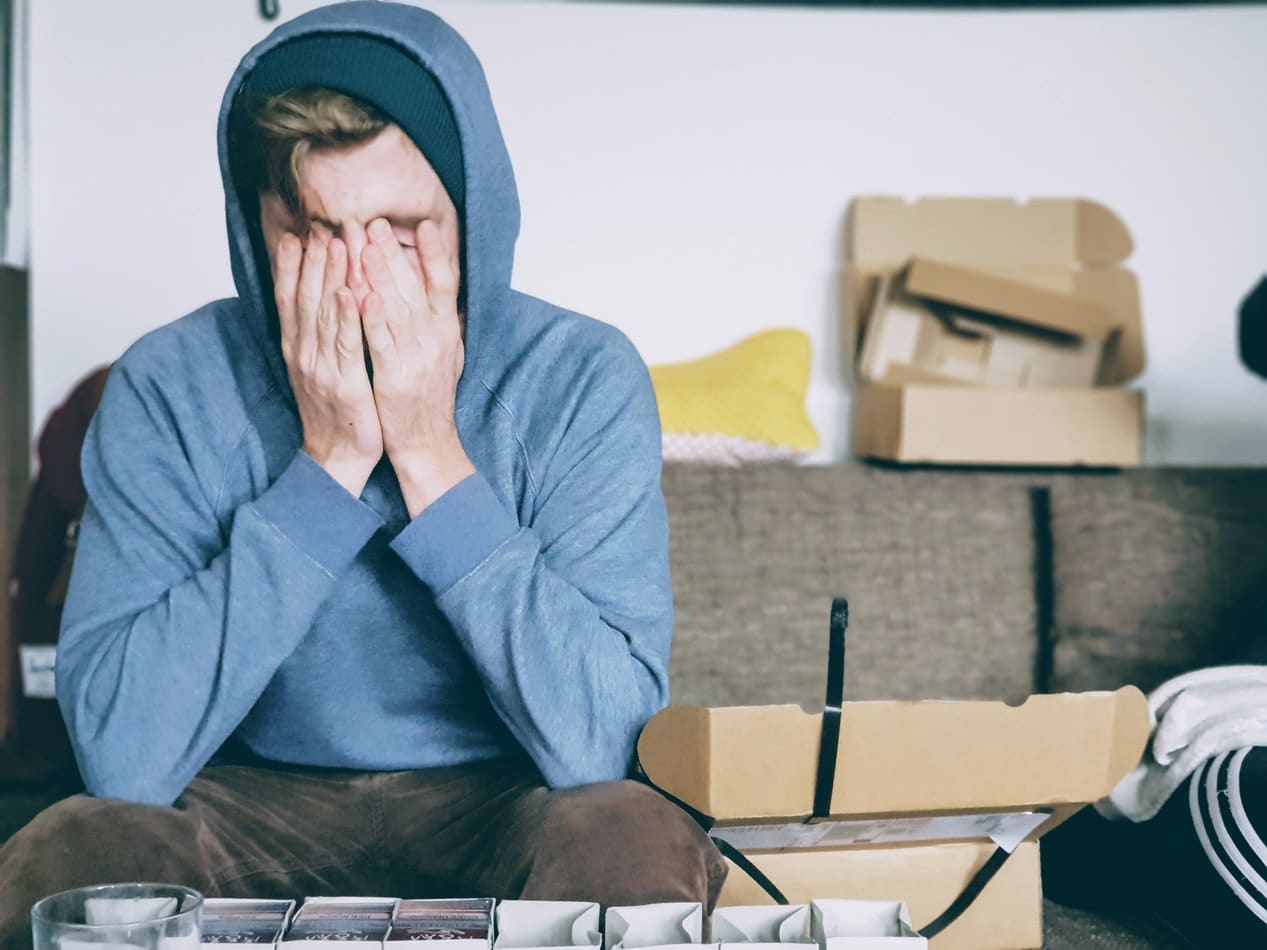It’s an unpleasant thought – you’ve just been away on holiday, had a lovely time, and come home to find your house ransacked, your belongings stolen. This is in spite of your security system, in spite of how much money you’ve spent trying to defend your home and deter thieves, but it’s a sad reality for many people.
Home security systems have come along in leaps and bounds in recent years, going so far that you can even control the lights from your smartphone across the world, decreasing the chance of anyone realizing your house is empty. So how can it be that a burglar has managed to bypass all that fancy technology, and got into and out of your home without setting off a single alarm?
It’s a shocking discovery, but the fact is that home security systems are not actually that difficult to hack, meaning they can be deactivated before the thief enters your house. There are, however, several things which you can do to try and make it more difficult for anyone to tamper with your security.
The first and most obvious one is to make sure that you use a secure password as soon as you install the system – like any electronic device, weak passwords are an invitation for someone to break them. Use a combination of symbols, numbers, and letters, and make sure you choose something obscure which another person is unlikely to guess. The same goes for your home Wi-Fi router.
You should also make a point of regularly changing your passwords; it’s a nuisance, but it may help to keep your system secure, especially if you use the password in more than one place. Try to always use unique passwords for every device, and make sure you alter all of them if you think they’ve been compromised.
If you need to access your security system while you are away from home, make sure you use a secure network – not public Wi-Fi. It’s not difficult for a hacker logged into the same network to access your email, passwords, and other sensitive information which you want to keep hidden.
If you have a camera feed, make sure you keep a regular check on the IP history of the system. This will let you know if any strangers have attempted to access your system, and you can change your password or get a neighbor to check round accordingly.
Ensuring your system is always up to date is another important step in keeping your property secure, as companies will release new updates to counter any new threats that have come to light, and also to sort out any errors in the programming. You should install good antivirus software on any device from which you access your security system, to prevent keylogging or other information theft which could compromise your home.
Keeping your security system in working order is important to keep your home safe, so knowing how to do it is as essential as owning the system in the first place.




